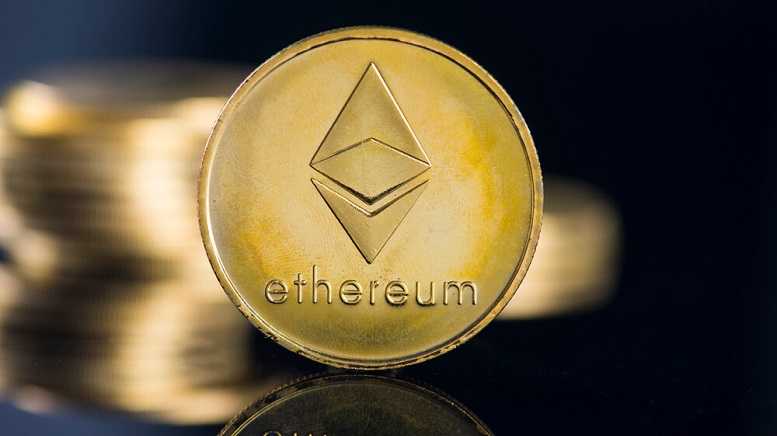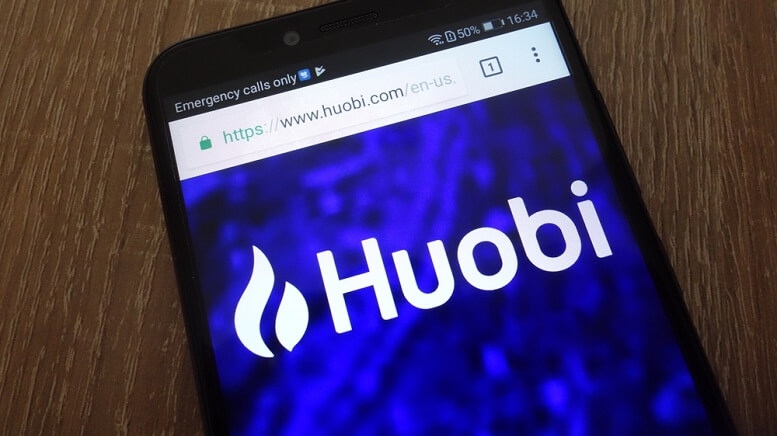Why Advisors Hesitate on Crypto Despite ETF Success

Despite the growing success of Bitcoin ETFs, many financial advisors remain hesitant to discuss cryptocurrency with their clients. This reluctance can be attributed to several factors including regulatory uncertainties, market volatility, and a lack of comprehensive understanding of the crypto space.
One of the primary concerns for advisors is the regulatory landscape. The lack of clear regulations around cryptocurrencies makes it challenging for advisors to provide informed advice. Regulatory bodies like the SEC have been slow to establish comprehensive guidelines, leaving advisors in a grey area where they risk non-compliance.
Market volatility is another significant concern. Cryptocurrencies are known for their price swings, which can be unsettling for both advisors and their clients. Unlike traditional assets, the crypto market can experience drastic changes in value within a short period, making it a risky investment option for conservative portfolios.
Furthermore, there is a knowledge gap that many advisors face when it comes to cryptocurrencies. The complexity of blockchain technology and the rapid pace of developments in the crypto space make it difficult for advisors to stay updated. This knowledge gap can lead to a lack of confidence in recommending crypto investments.
Despite these challenges, the success of Bitcoin ETFs has shown that there is a growing interest in cryptocurrency investments. Bitcoin ETFs offer a more regulated and familiar investment vehicle, which can help bridge the gap between traditional finance and the crypto world. These ETFs provide exposure to Bitcoin without the need to directly hold the cryptocurrency, reducing some of the risks associated with direct crypto investments.
Financial advisors who are willing to educate themselves and their clients about the potential benefits and risks of cryptocurrencies may find new opportunities for portfolio diversification. As the regulatory environment becomes clearer and the market matures, we may see a shift in advisor sentiment towards crypto investments.
In conclusion, while financial advisors are currently reluctant to discuss cryptocurrencies, the landscape is gradually changing. The success of Bitcoin ETFs is a positive sign, and as more regulatory clarity is provided, we may see increased adoption of crypto investments in traditional financial portfolios.
Footnotes:
Featured Image: depositphotos @ alphababy





